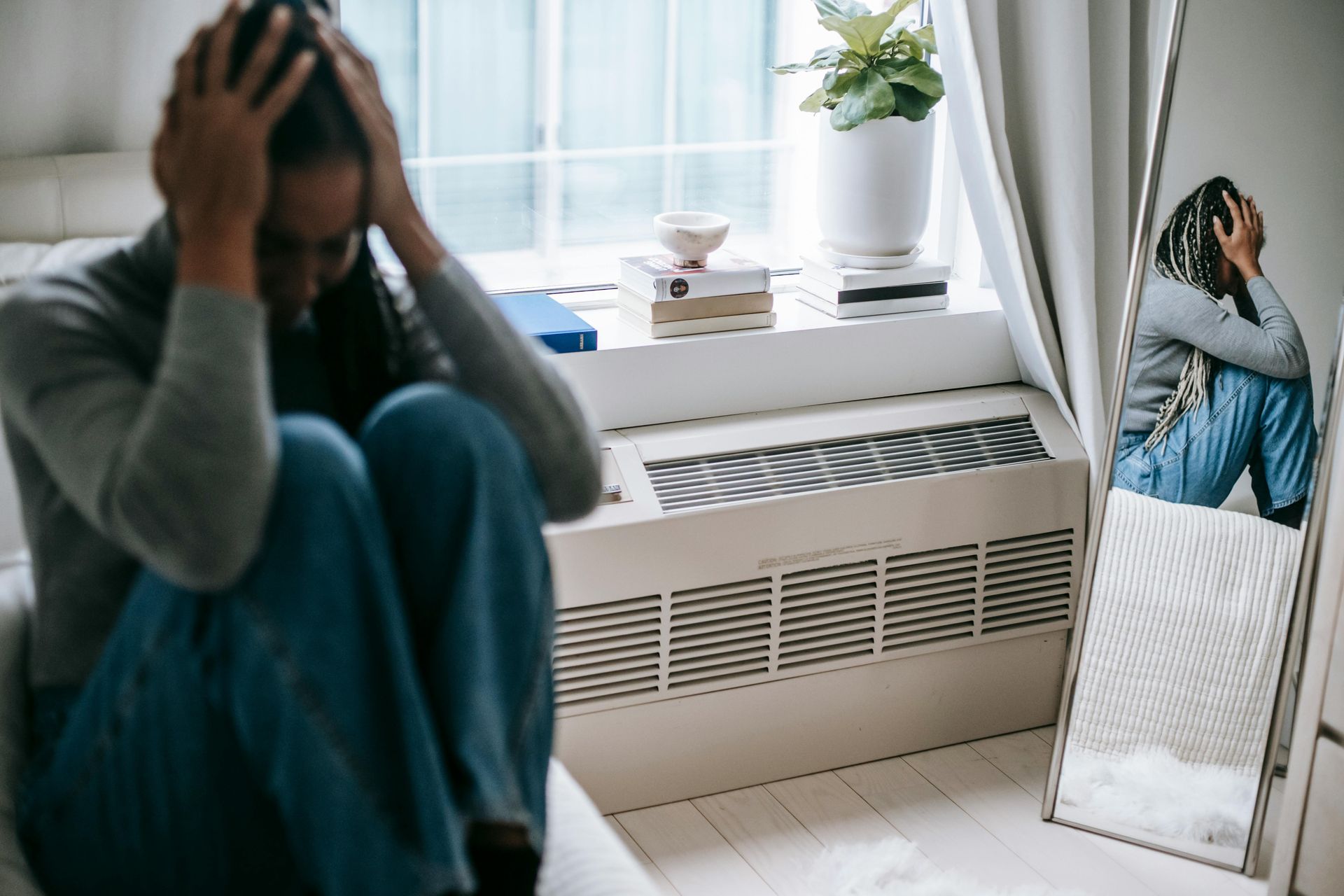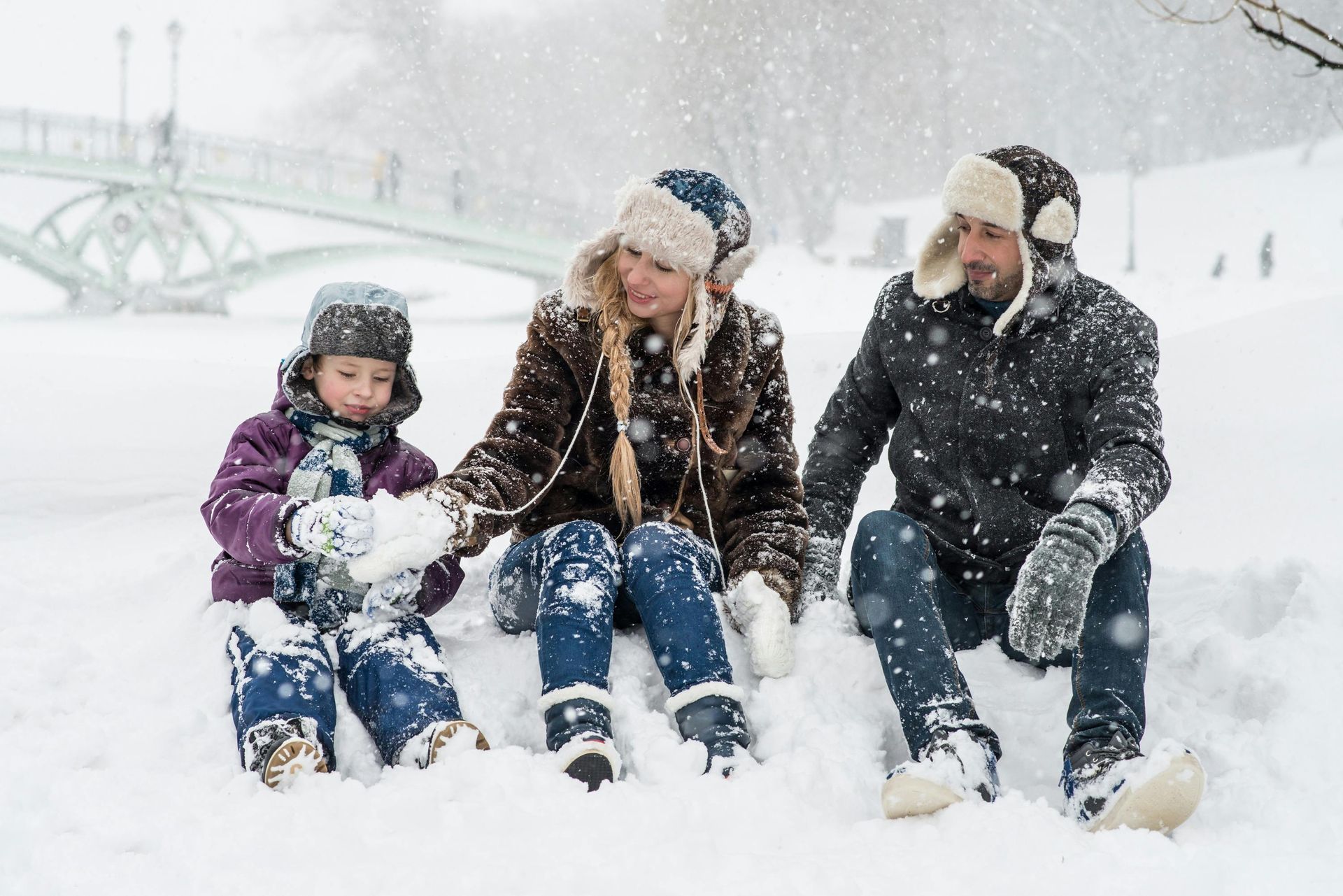3 Powerful Winter Wellness Tips for Your Mental Health

Shorter days, colder weather, holiday stress — this time of year is among the hardest, even without a dangerous pandemic changing almost every aspect of our lives. Charity was recently quoted in an article sharing 3 Winter Wellness Tips that can improve your mental health. Check out her suggestions below:
Winter Wellness Tips for Cold Weather & Holiday Stress
Psychotherapist Charity Fleming expects a lot of people will be experiencing symptoms of depression, anxiety or grief this year. As co-owner of Qualia Counselling Services, which has four mental health clinics across Southern Ontario, she believes grief and loss will impact families of all kinds, whether they have lost family members, jobs or even just their normal way of life.
“This is the first Christmas — or first holiday season — since COVID-19 started,” Fleming says. “It’s just a really hard time for many people.”
Thankfully there are three powerful ways to improve your mental health, she says, supported by studies and proven to help both mind and body.
Mindfulness: Decluttering Your Thoughts
Many of our thoughts fall into two main categories: the past or the future. The problem with those patterns, Fleming says, is they impact our mental health.
“When you’re thinking in the past, and it’s a brooding type of ruminating — it will increase depression,” she says. “And when we’re thinking forward all the time, it’s can increase stress and anxiety.”
That’s why mindfulness has been proven to alleviate stress, boost the immune system and improve sleep. At its simplest, mindfulness is focusing on a moment, a sensory experience, and your breathing. Let other thoughts fall away as you focus on scenery outside a window, a holiday ornament, a flower or fragrant food.
“It’s making those things come alive, slowing our pace, and noticing things we don’t normally notice,” Fleming says. “It essentially strengthens neural pathways in your brain to help you draw upon those moments during times of stress, depression or other negative experiences.”
Fleming likens the exercise to “decluttering” the mind, or “pressing reset” on your thoughts. Free resources to practice mindfulness can be found on our Free Handouts & Worksheets page, in our blog posts, and on our YouTube Channel.
Expressive Writing: Experiencing through Words
You can spend as little as two minutes daily with pen and paper to lower your blood pressure and boost mood. Use a journal or even scraps of paper to write about anything — a memory, an emotion, or a description of something around you.
“Normally we’re just superficially processing,” Fleming says. “Writing is accessing that different part of the brain that is giving voice to something we are experiencing, or to our inner selves.”
The writing exercise comes from trauma research that showed, within days, improvements in happiness and health. Even if you throw out the paper afterward, the benefits are the same. Various studies — from trauma survivors to those living with chronic health conditions — showed benefits from regular practice.
“It’s like turning on a light in a different room of your mind”, Fleming says. And since the research came from studying post-traumatic growth, it may be particularly useful during a pandemic that has upended our lives.
Gratitude: A Win-Win
Researchers have studied hope, optimism, wealth — none of them compare to gratitude, for increasing happiness.
“It’s the No. 1 psychological predictor of happiness,” Fleming says.
How can you practice gratitude? Keep a daily gratitude journal, express thankfulness to your loved ones, write gratitude letters to people in your life, or just spend a few minutes each day listing what you’re grateful for.
Research shows you’ll have better sleep and heart health, and reduced stress and loneliness. At the same time, you’ll be improving your closest relationships — it’s a win-win scenario.
“We start taking people for granted — I often see it in relationships,” Fleming says. “I think that it takes vulnerability, which takes emotional courage, to express deep and heart felt gratitude to people that you see every day.”
Just as we are vigilant about our physical health during COVID-19, it’s increasingly critical to care for our mental wellbeing.
The post 3 Powerful Winter Wellness Tips for Your Mental Health appeared first on Qualia Counselling.
Share This Post on Social Media!




